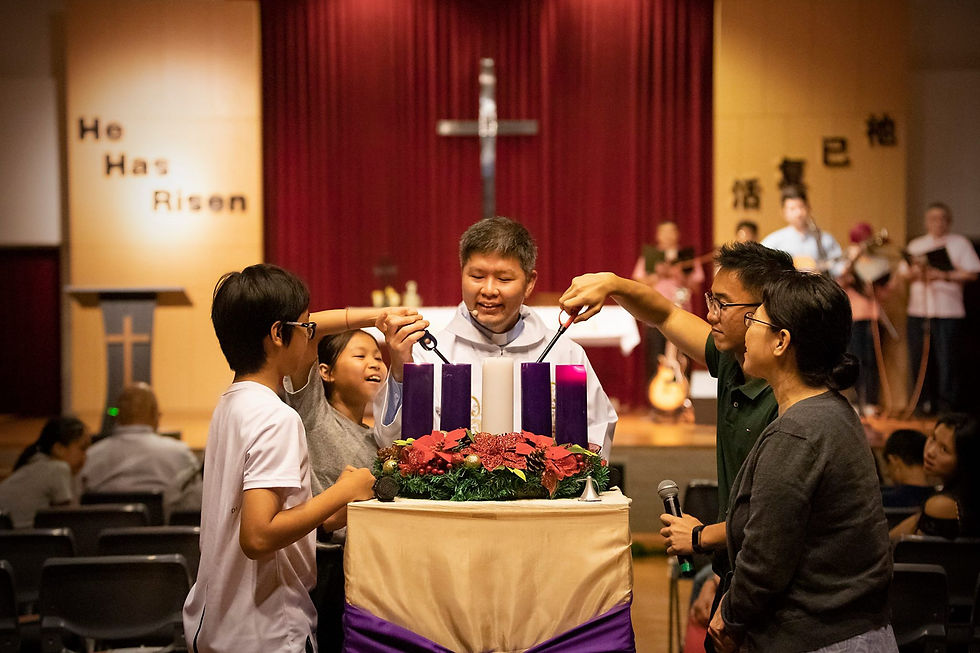5 SEPTEMBER 2022 - He Called And He Chose (Luke 6:12-19)
- COR Office
- Sep 7, 2022
- 2 min read

In this week lectionary reading, we remember Benjamin Peach Keasberry. Keasberry was born in India and grew up in Surabaya when the British occupied the island of Java. After his theological education in the US, Keasberry and his wife Charlotte wanted to be missionaries to China. Upon arriving in Macau, they were denied entry. They decided to return to Java, via Singapore, to minister there. They arrived in Singapore in 1839.
When they disembarked in Singapore, Keasberry was drawn to the Malays and decided to plant their roots here. Having grown up in Surabaya, he was fluent in Malay. In 1840, Keasberry started a Malay boarding school with 12 Orang Laut boys. The boys were taught reading, writing, geography, arithmetic, music, natural sciences, English and Bible scriptures in Malay.
Later, Keasberry hired Munshi Abdullah to assist with teaching. The Malay school was an institution of good standing. Even the Johore royal family placed their children in Keasberry’s school. One of royal children under Keasberry care, was Abu Bakar, who later on became the Sultan of Johore.
Keasberry also pioneered the Malay mission. He acquired a piece of land in Kampong Bencoolen for the construction of a new chapel. The Malay Mission Chapel was completed in August 1843. Later on, it became Prinsep Street Presbyterian Church. While Keasberry’s primary ministry was the Malays, he extended to the Chinese as well. He and other Chinese-speaking catechists established a preaching point in Bukit Timah which later became Glory Presbyterian Church.
The third area in which Keasberry was known for was his printing press and translation work. His printing press was innovative in the use of lithography that produced beautiful decorative Malay works resembling handwritten calligraphy. The printing press undertook commercial, educational and religious printing, including two of Singapore’s early Chinese newspapers.
Keasberry died of heart disease on 6 September 1875 while preaching at the Malay Mission Chapel. He was buried at Bukit Timah Cemetery and his grave is marked by a tombstone installed by his former student Abu Bakar, the Sultan of Johore.
God still continue to call His people to full-time ministry, as He did from the time of the apostles (Luke 6:12-19). He calls us in different ways, and He expects us to be sensitive and obedient to His direction as He leads us step by step. As He leads us, He equips us and helps us fulfil His call. He endows us with His gifts and graces that equip us to fulfil His call. He uses our strengths and abilities for the work of His kingdom.
I pray that many more young people from this church will rise up to serve Him as full-time workers His kingdom.
Rev. Dr Timothy Chong



Comments